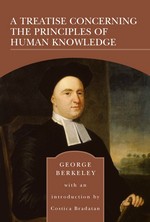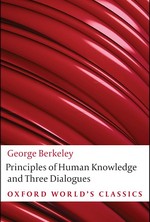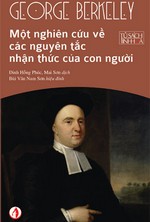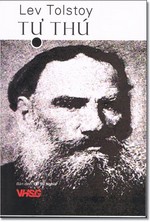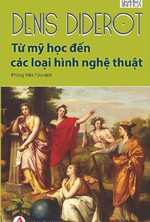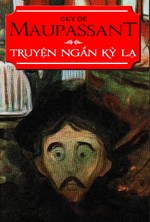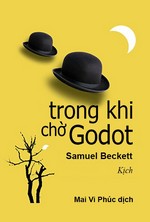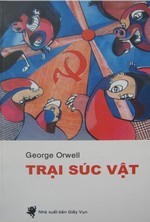A Treatise Concerning the Principles of Human Knowledge
If a tree falls in the forest and no one is present to hear it, does it make a sound? It does not, according to George Berkeley. Originally published in 1710, this landmark of Western philosophy introduced a revolutionary concept: immaterialism, which asserts that to be is to perceive or be perceived. An Irish clergyman who spent his entire philosophical career as a churchman, Berkeley linked his investigations to his religious interests. A Treatise Concerning the Principles of Human Knowledge opens with an assault on Locke’s theory of abstract ideas and proceeds with arguments that sensible qualities exist only when perceived as ideas. Physical objects, he claims, are no more than collections of qualities, and these sensible objects, too, are merely ideas. Berkeley relates his position to the achievements of eighteenth-century science, and proclaims the compatibility of immaterialism with traditional religion. The fullest expression of Berkeley’s doctrine of immaterialism, this classic work influenced British philosophers from David Hume to Bertrand Russell and the other logical positivists. It is essential reading for all students of philosophy. George Berkeley’s A Treatise concerning the Principles of Human Knowledge brings forth one of the most perplexing philosophical systems of all times. Also known as “immaterialism,” this philosophy is centered on the notion that there is no such thing as matter, that the objects we see around us are nicely packed collections of ideas generated by God’s mind, and that, in general, what we call “the world” is just a subtle interplay between God’s mind and ours. The things we encounter in the world are either our constructs or God’s or both: in any case, they cannot exist unperceived, or un-thought of, by a mind. We ourselves exist in the same way in which characters in a story do: only insofar as there is someone (kind enough) to invent and tell the story. Controversial as this line of thought may seem, it has proven to be extremely influential over the centuries, not only in philosophy, but also in critical theory, literature, and cinematography. To give only a few examples, some of Jorge Luis Borges’ stories seem to be rigorously based on Berkeleian insights and so does the movie The Matrix or even some of Woody Allen’s films. Anyway, today, when we live half of our lives in “virtual realities” of some kind or other, and the “real world” tends to become more and more virtual, when we talk more and more of socially (or ideologically, culturally, politically) “constructed” objects and realities, reading A Treatise concerning the Principles of Human Knowledge may well be part of a self-examination exercise.

